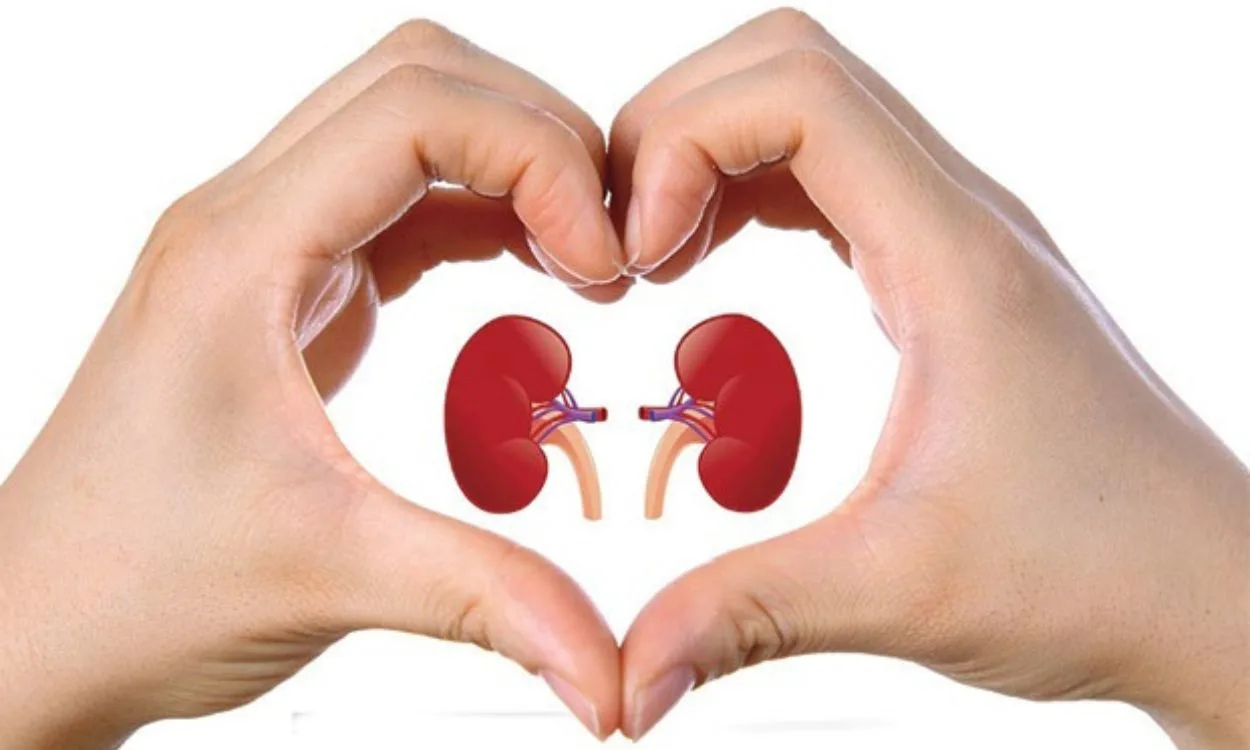Who Pays for Kidney Donation? A Comprehensive Guide
Kidney donation is a generous and life-saving act that provides hope to thousands of patients suffering from kidney failure. However, many potential donors and recipients wonder: Who pays for kidney donation? Understanding the financial responsibilities involved is essential to prepare for the process.
This guide explores the costs associated with kidney donation, who typically covers these expenses, and what donors and recipients should expect. Additionally, we discuss legal aspects, insurance considerations, and financial assistance programs to help donors navigate the journey confidently.
🏥 Understanding Kidney Donation Costs
Kidney donation involves several steps, including medical evaluations, surgery, hospitalization, and follow-up care. These steps generate medical and non-medical expenses. Here is an overview of typical costs:
| Expense Type | Description | Estimated Cost (USD) |
|---|---|---|
| Medical Evaluation | Blood tests, imaging, consultations | $3,000 – $5,000 |
| Surgery & Hospitalization | Donor nephrectomy, hospital stay | $30,000 – $50,000 |
| Post-operative Care | Medications, follow-ups | $1,000 – $3,000 |
| Travel & Accommodation | For donors traveling to transplant centers | Varies |
| Lost Wages | Time off work for recovery | Varies |
Note: These costs can vary widely based on country, hospital, insurance coverage, and individual circumstances.
🏦 Who Typically Pays for Kidney Donation?
1. Recipient’s Insurance
In most cases, the recipient’s health insurance covers the donor’s medical evaluation, surgery, and hospital stay. This is because the donor’s procedures are considered part of the recipient’s treatment plan. However, the extent of coverage depends on the insurance provider and plan.
2. Donor’s Personal Expenses
While medical costs are often covered by the recipient’s insurance, donors may incur out-of-pocket expenses such as:
-
Travel costs
-
Lodging if surgery is far from home
-
Lost wages due to time off work
-
Childcare or other personal care expenses
These costs are usually the donor’s responsibility unless other assistance is available.
3. Financial Assistance Programs
Several programs exist to help donors with non-medical expenses:
-
National Living Donor Assistance Center (NLDAC) (USA) helps cover travel, lodging, and some lost wages for eligible donors.
-
Various non-profits and hospital-based programs may provide grants or reimbursements.
Visit NLDAC’s official site for eligibility and application details.
⚖️ Legal and Ethical Framework
It is important to understand that organ donation is strictly regulated to prevent commercialization. Laws prohibit paying donors for their organs to protect ethical standards and ensure voluntary donation.
In the United States, the National Organ Transplant Act (NOTA) makes it illegal to buy or sell organs. The law allows reimbursement for legitimate expenses related to donation but forbids payment as an incentive.
💡 Insurance and Kidney Donation
Does Insurance Cover Donor Costs?
Insurance plans vary widely, but typically:
-
The recipient’s insurance covers donor surgery and hospitalization.
-
Donor’s own insurance may cover evaluation and follow-up care, depending on the plan.
-
Donors should check with both insurance providers to understand coverage.
Tips for Donors:
-
Notify your insurer about the donation to avoid surprises.
-
Keep detailed records of all expenses.
-
Ask your transplant coordinator for assistance with insurance paperwork.
📅 Timeline of Financial Responsibilities
| Stage | Who Pays? | Notes |
|---|---|---|
| Evaluation | Usually recipient’s insurance or donor’s | Confirm with both insurers |
| Surgery & Hospital Stay | Recipient’s insurance | Hospital bills billed to recipient’s insurer |
| Post-op Care | Donor’s insurance or recipient’s insurance | Depends on circumstances |
| Travel/Lodging | Donor | May seek assistance from programs |
| Lost Wages | Donor | Consider paid leave or assistance |
🌍 Kidney Donation Costs Worldwide
Costs and payment responsibilities vary by country:
| Country | Who Pays? | Notes |
|---|---|---|
| United States | Recipient’s insurance + donor personal costs | Strong donor protections, assistance programs available |
| Canada | Provincial health plans cover donor medical costs | Non-medical costs usually borne by donor or programs |
| United Kingdom | NHS covers donor evaluation and surgery | Donors may get limited financial support |
| India | Recipient usually pays all costs | Donation regulated but payment for organs illegal |
| Australia | Public health system covers donor surgery | Donors may get limited reimbursements |
Always check local laws and hospital policies.
🤝 Support Systems for Donors
National Living Donor Assistance Center (NLDAC)
The NLDAC provides financial support for living donors in the U.S. who qualify, helping cover travel and lost wages.
Hospital & Community Programs
Many transplant centers have funds or foundations to help donors with costs not covered by insurance.
Employer Support
Some employers offer paid leave or job protection for donors.
💬 Real Donor Experiences
Many donors report the importance of understanding financial responsibilities beforehand. One donor shared:
“Knowing that my medical costs were covered was a relief, but I had to budget for travel and time off work. I found great support through the donor assistance program.” — Anonymous donor
Conclusion
Understanding who pays for kidney donation is essential for donors and recipients to plan financially and emotionally for the process. While recipient insurance usually covers medical costs, donors must be prepared for some personal expenses.
Programs like NLDAC and hospital foundations can provide critical support, and donors should communicate with their healthcare teams and insurers to clarify coverage.
For more detailed insights on organ donation and transplant logistics, visit vounesy.com/organ-donation.
